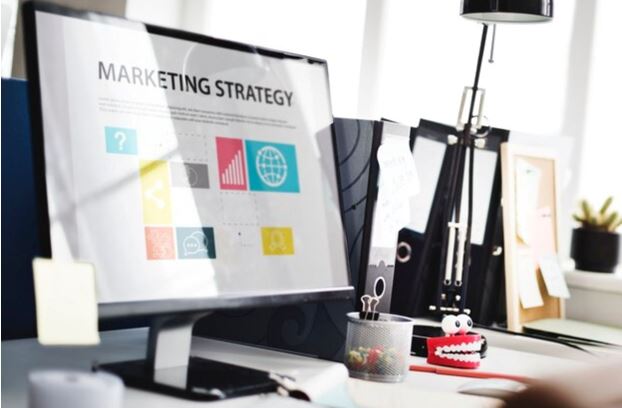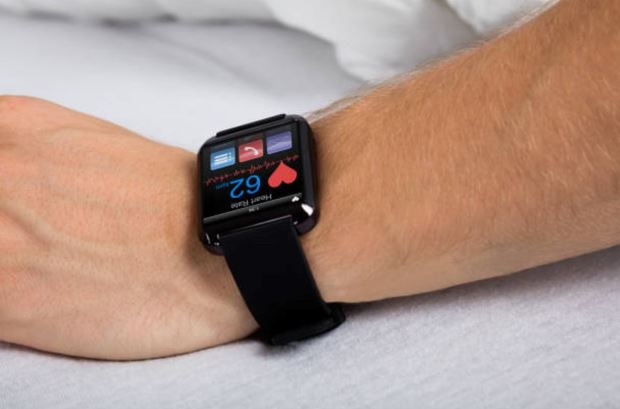How Promotional Products Influence Customer Engagement
In the ever-evolving landscape of marketing, businesses constantly seek innovative ways to connect with their audience. While digital marketing trends dominate the conversation, traditional strategies like promotional products continue to prove their worth. These tangible, branded items have the power to increase brand recognition, foster loyalty, and ultimately enhance customer engagement.
Whether you’re a startup trying to establish your presence or an established corporation reinforcing your brand, incorporating branded merchandise into your marketing strategy can work wonders. Let’s dive into how promotional products can influence customer engagement and why they deserve a spot in your marketing toolkit.
1. Why Promotional Products Matter in Marketing
In a world where digital advertisements are fleeting, promotional products leave a lasting impression. According to research, consumers are far more likely to remember a company that provided a tangible gift compared to one they encountered in a fleeting online ad.
Promotional products stand out because they:
- Create a sense of value for the recipient.
- Provide repeated exposure to your brand.
- Act as a physical reminder of your business and its offerings.
Think about it—every time someone uses a branded pen or sips coffee from a mug with your logo, your company stays top-of-mind.
2. The Benefits of Incorporating Branded Merchandise into Your Strategy
Using branded merchandise as part of your marketing strategy offers numerous benefits that directly contribute to customer engagement:
Boosts Brand Recognition
One of the key benefits of promotional products is their ability to increase brand recognition. Branded items like tote bags, T-shirts, or notebooks prominently display your company name and logo. The more these items are used in public spaces, the greater the exposure your brand receives.
For startups, this visibility is invaluable. A well-designed piece of branded merchandise can introduce your brand to a larger audience without the high cost of traditional advertising.
Creates a Personal Connection
Unlike digital ads, which can feel impersonal, corporate gifts and promotional items offer a tangible connection. When you give a useful product, customers feel valued and appreciated.
For example, handing out branded water bottles at an event not only markets your business but also demonstrates thoughtfulness. This personal touch can foster stronger customer relationships and loyalty.
Encourages Customer Loyalty
Customer loyalty is critical for long-term success, and promotional products can play a vital role in nurturing it. People tend to remember and support businesses that offer them value beyond the product or service they purchase.
A branded calendar gifted at the start of the year, for instance, provides a functional benefit while keeping your brand visible daily. These small but impactful gestures create positive associations with your company.
3. How Startups Can Leverage Promotional Products
Startups often operate with limited budgets, so every marketing initiative needs to deliver results. Promotional products can provide a cost-effective solution for increasing visibility and building credibility.
Affordable Brand Exposure
Startups don’t need to invest in extravagant corporate gifts. Simple, functional items like branded pens, keychains, or stickers can spread awareness without breaking the bank. These products have a low cost per impression, meaning your marketing dollars stretch further.
Grassroots Marketing Opportunities
Startups can also use branded merchandise in grassroots campaigns, like attending local events or sponsoring community programs. Handing out promotional items in person allows startups to make meaningful connections with potential customers and establish trust within their communities.
4. Tips for Choosing the Right Promotional Products
Selecting the right promotional products requires thoughtful planning. Consider the following tips to maximize their impact:
Know Your Audience
Your choice of merchandise should align with your target audience’s preferences and lifestyle. For example, if your target market is tech-savvy, items like branded USB drives or phone stands might resonate better than traditional corporate gifts like notebooks.
Focus on Quality
While it’s tempting to cut costs, low-quality items can harm your brand’s reputation. High-quality, durable products show customers that your business values excellence.
Make It Functional
Promotional items that serve a practical purpose—like tote bags, water bottles, or phone chargers—are more likely to be used frequently. The more often the product is used, the more exposure your brand receives.
Keep It On-Brand
Ensure your promotional items reflect your brand identity. Use consistent colors, logos, and messaging so that recipients can instantly associate the item with your business.
5. The Role of Corporate Gifts in Strengthening Relationships
While promotional products are effective for broader audience engagement, corporate gifts are ideal for building deeper relationships with clients, partners, or employees.
Expressing Gratitude
Corporate gifts are a great way to show appreciation. A thoughtful gesture, like sending a branded notebook or a high-quality gift set during the holidays, can strengthen your relationship with clients or employees.
Encouraging Referrals
Satisfied customers are more likely to recommend your business, especially when they feel valued. A well-timed corporate gift can encourage word-of-mouth referrals and help expand your customer base.
6. Real-Life Examples of Promotional Success
Many businesses have achieved remarkable results through promotional products. Here are a few examples:
Startup Success with T-Shirts
A tech startup launched its brand with minimal funding but distributed branded T-shirts at industry events. The campaign created a buzz, with attendees wearing the shirts and sharing photos on social media. The result? Increased brand awareness and website traffic.
Coffee Shops and Loyalty
A local coffee shop handed out branded reusable cups to its regular customers. These cups not only reinforced customer loyalty but also attracted new customers who noticed the brand’s eco-friendly initiative.
Corporate Networking with Premium Gifts
A corporate firm distributed branded leather portfolios during a trade show. This high-end item impressed attendees, leaving a lasting impression and generating valuable business leads.
7. Incorporating Promotional Products into Your Marketing Strategy
To get the most out of your promotional products, it’s essential to integrate them seamlessly into your overall marketing plan.
Set Clear Goals
Are you aiming to increase brand awareness, generate leads, or reward loyal customers? Defining your goals will help you choose the right items and measure the campaign’s success.
Combine with Digital Marketing
Don’t rely solely on physical merchandise. Use your promotional items to complement your digital campaigns. For instance, you could run a social media contest where participants win branded merchandise.
Measure ROI
Track metrics like customer feedback, increased website traffic, or sales growth to assess the impact of your promotional campaigns.
8. Final Thoughts: The Lasting Impact of Promotional Products
Incorporating promotional products into your marketing strategy is a smart, cost-effective way to enhance customer engagement and build brand recognition. Whether through branded merchandise or thoughtful corporate gifts, these tangible items create memorable experiences that digital marketing alone cannot achieve.
For startups and established businesses alike, the value of a well-executed promotional campaign is undeniable. So why not start brainstorming your next big idea? With the right promotional products, you can take your brand to new heights.
Looking for a way to stand out in today’s competitive market? Explore the power of promotional products and watch your customer engagement soar.





